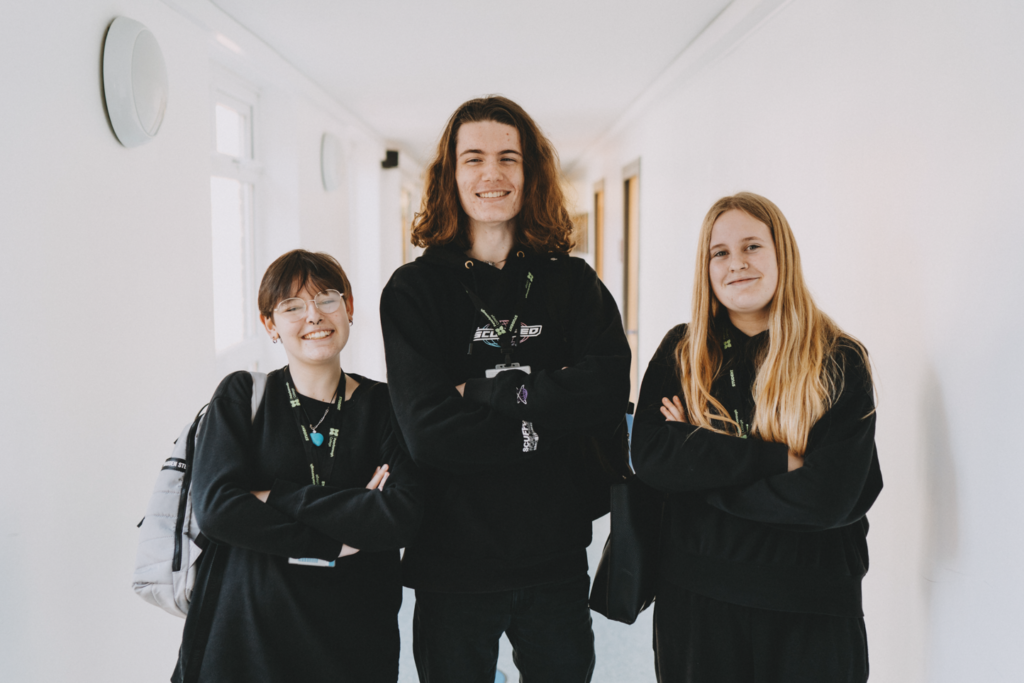New Arrivals: Patagonian Mara Join Animal Management
The Animal Management course at Peterborough College has welcomed exciting new additions to its collection of animals, a pair of Patagonian Maras (Dolichotis patagonum). These fascinating animals can be found in Argentina, specifically in areas classified as desert.

Although they resemble small deer with rabbit-like ears, the Patagonian Mara are actually rodents. Closely related to guinea pigs, they are also considered ungulates (hoofed animals) and can reach impressive speeds of up to 37mph, earning them the title of the fastest rodent.
In the wild, Maras build dens in shrubland areas to raise their young. Their offspring are born precocial, with eyes open, fully furred and have the ability to move independently shortly after birth.
Patagonian Maras are monogamous creatures, bonding for life. The male will closely follow the female, guarding her and keeping watch for danger while she feeds, alerting her with a high-pitched warning call if needed. They communicate through a variety of sounds, ranging from gentle murmurs to loud alarm calls.
Lecturer Rae explained the educational value of introducing the species:
“The Mara were chosen to widen the range of exotic mammals that the students could work with here at the College. They provide excellent observational opportunities with monogamous guarding behaviour, den building and provide an interesting focal point from the viewing windows to the outdoor animal section. The Mara are a ‘hands off’ animal which teaches industry standard care, reinforcing that not all animals can be held, touched or receive close contact, much like animals housed in a Zoo or wildlife setting. They have settled into college well, with technical staff setting up safari cameras for students to get a great insight into their behaviour throughout the day and night.”
The addition of the Patagonian Mara will further enhance the learning experience for Animal Care students, offering a unique opportunity to observe and study the natural behaviours of this rare and captivating species.



